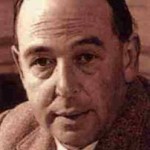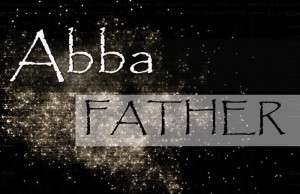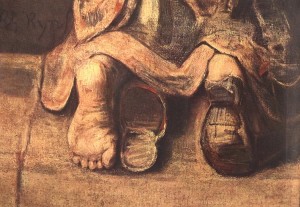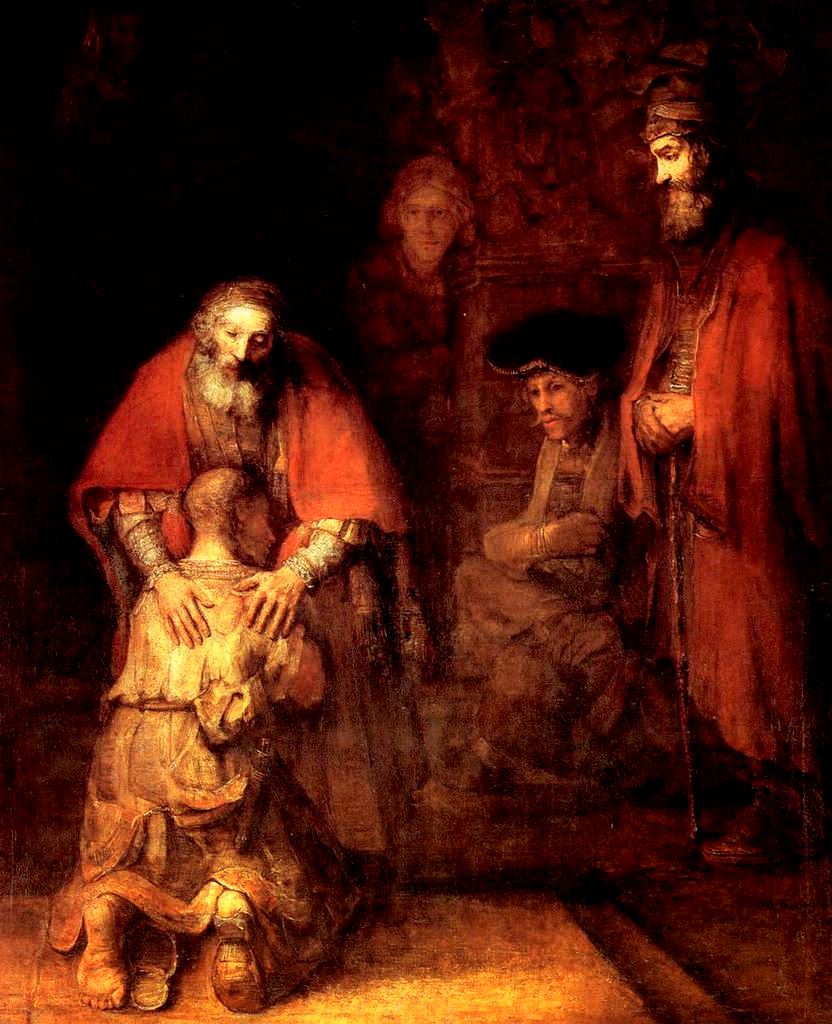 A Father’s Words at Quittin’ Time
A Father’s Words at Quittin’ Time
As we locked the front entrance to the barber shop, a half hour an hour have normal quittin’ time, I would say something like, “Wow, that was a really long day.” Dad opened the shop at 7am and closed at 6pm. When we didn’t leave until 6:30 or near 7:00 I could see my father’s exhaustion.
I must have heard Dad say it twenty times. It was distinct when he said it, and he meant it. “I’m just thankful I can work and take care of my family.”
As he turned the key on his work day his response was authentic to his soul. He remembered being a young man with a wife and two little boys. He remembers lying in a hospital bed, down in his back and wondering if he would ever be able to work. He was mortified at the thought of being unable to provide for his family.
The Bread Winner
I am truly blessed. Like so many in my generation, we have stories of a dad who worked long hours, never complained, and did it for years and years and years. They were putting food on the table, providing a roof over our heads, and didn’t expect a medal.
Dad wasn’t perfect; he was not and is not my God figure. The old guy is still kickin’ and I continue to learn from his life. It does make me sad when I hear about joblessness in America, I think of the pain many fathers feel, the agony of being able to take care of the family. I am humbled that I have been able to raise three children, and thankful, so thankful that I can serve a God who is near, a God who is my Father.
The Apostles’ Creed continues to be a point of meditation for me. “I believe in God the Father.” Today I offer a thought on God the Bread Provider; He is the Father and he cares for his children.
I Believe in God the Father
The beauty of the Creed is the theology. Emerging from the careful construction of the Creed, word by word, is a framework of truth and doctrine. The Apostles’ Creed confronts error and conveys exactness for the church.
I have addressed belief in recent RDC posts, “I believe in God…” This is declaring that I have committed, crossed a line, and made that “leap of faith.” There is this affirmation that I am believing INTO; I am believing OUT OF myself. I affirm that I am believing in God, not content to only state that there is a God.
Who is the God We Believe In?
For the most part, religion concedes that God is distant and impersonal; if you study the religions and philosophies of the world you begin to note a respect for whatever deity exists, though it is manifest in a very distant relationship. Religion offers a sovereign to be appeased— inaccessible, and obscure—one who is holy and beyond access. He is an impersonal Force, a Principle, or the ground of Being, the First Cause. And as C.S. Lewis says (tongue in cheek) this type of god is “a vast power which we can tap.”

In contrast to the language of religion, the first six words of the Apostles’ Creed is a declaration of relationship. God is our Father. I once heard a Christian apologist argue that of all the great names of God, God’s “favorite name” is Father because Jesus Himself tells us to call God that. When you pray — when you talk to God; when you address Him — the first words out of your mouth are Our Father in heaven, hallowed be your name. This relationship, we realize, has been established by God Himself.
This name we use in communion and communication with our Father does not convey distance, nor does it convey equality as a term like brother would. He is our Father, and it is our Father who initiates the relationship through His Son, and His Son sends the Spirit that we would be established as “the children of God.”
14For all who areled by the Spirit of God aresons of God.
15Foryou did not receivethe spirit of slavery to fall back into fear, but you have received the Spirit ofadoption as sons, by whom we cry, “Abba! Father!”
16 The Spirit himself bears witness with our spirit that we are children of God,
17and if children, thenheirs—heirs of God and fellow heirs with Christ,provided we suffer with him in order that we may also be glorified with him.
Romans 8: 14-17
Now there is an NEW NATURE CRY, “ABBA! FATHER! By His grace we who were slaves become sons.

Now That You’re Adopted…
There are two simple results of this adoption.
- The kind of relationship we have with God is neither impersonal nor distant. God has called us into His family. He has called us His own
- The relationship we are to have with one another is built on the language of family. We are brothers and sisters with one another. We share the same Father, and this guides us in our interactions and communion with one another. (The Father says don’t come to pay tribute to Me when you should make sure you have reconciled things with your siblings.)
In his reflection on Rembrandt’s painting of the Prodigal Son story, Henri Nouwen talks about how the image of the Father’s embrace toward his long-lost son struck a chord in him—the Father’s embrace was “the place of light, the place of truth, the place of love.” When the Father sees his son coming from afar, gathers his cloak, runs out to meet him, and encloses his beloved son into his strong and welcoming arms, the son is brought into “the place beyond earning, deserving, and rewarding” for “it is the place of surrender and complete trust.” (The Return of the Prodigal Son, p. 13)
What does it mean to call God “our Father”? It is to call Him home. When we say I believe in God the Father, we are saying I believe that God Himself—the Creator and Sustainer of the universe—is (by such amazing grace!) my place of belonging, my home.
